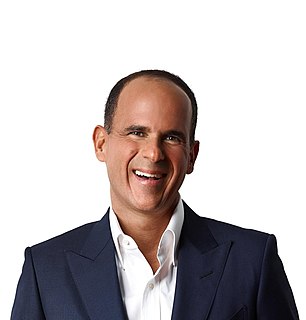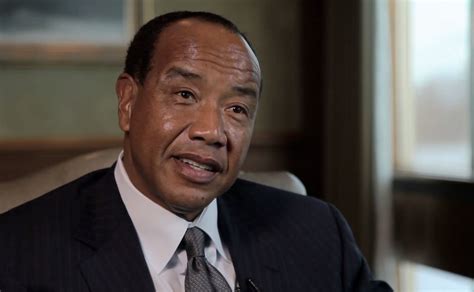A Quote by Marc Rich
I basically see two reasons for a going public: Glencore gets access to more money. It is a way of funding your business and to finance growth. Plus: You have more liquid shares. It is easier to leave the company and redeem your shares. The 'going public' may also be an exit strategy for the top management.
Related Quotes
I was left £50 when I was ten by a fairly distant cousin, which my father invested in GEC shares on my behalf. I became interested in the market and was given some more shares by my father, which is when I began looking to see how the shares were performing and learning how to read company reports, balance sheets, and so on in order to gauge that.
Good money management alone isn't going to increase your edge at all. If your system isn't any good, you're still going to lose money, no matter how effective your money management rules are. But if you have an approach that makes money, then money management can make the difference between success and failure.
I think unfortunately in this gold rush mentality that we've been in for the last years there has been not enough focus on business model quality. So when push comes to shove, there actually aren't that many great businesses that can go public. Because I think if you're going to thrive as a public company, it presupposes that you make more money than you spend.
Christ has something in common with all creatures. With the stone he shares existence, with the plants he shares life, with the animals he shares sensation, and with the angels he shares intelligence. Thus all things are transformed in Christ since in the fullness of his nature he embraces some part of every creature.
I think the critical point, really, is that we need to focus black economic empowerment more on the creation of new wealth rather than on these big deals that have been characteristic of this process in the past, of people going to banks, borrowing a lot of money, buying this and when the shares don't perform very well, the shares go back to the banks, because there's other people who own this anyway. I think we need to re-focus it so that it really does impact on growth, new investment, new employment and a general, better spread of wealth in South Africa.

































